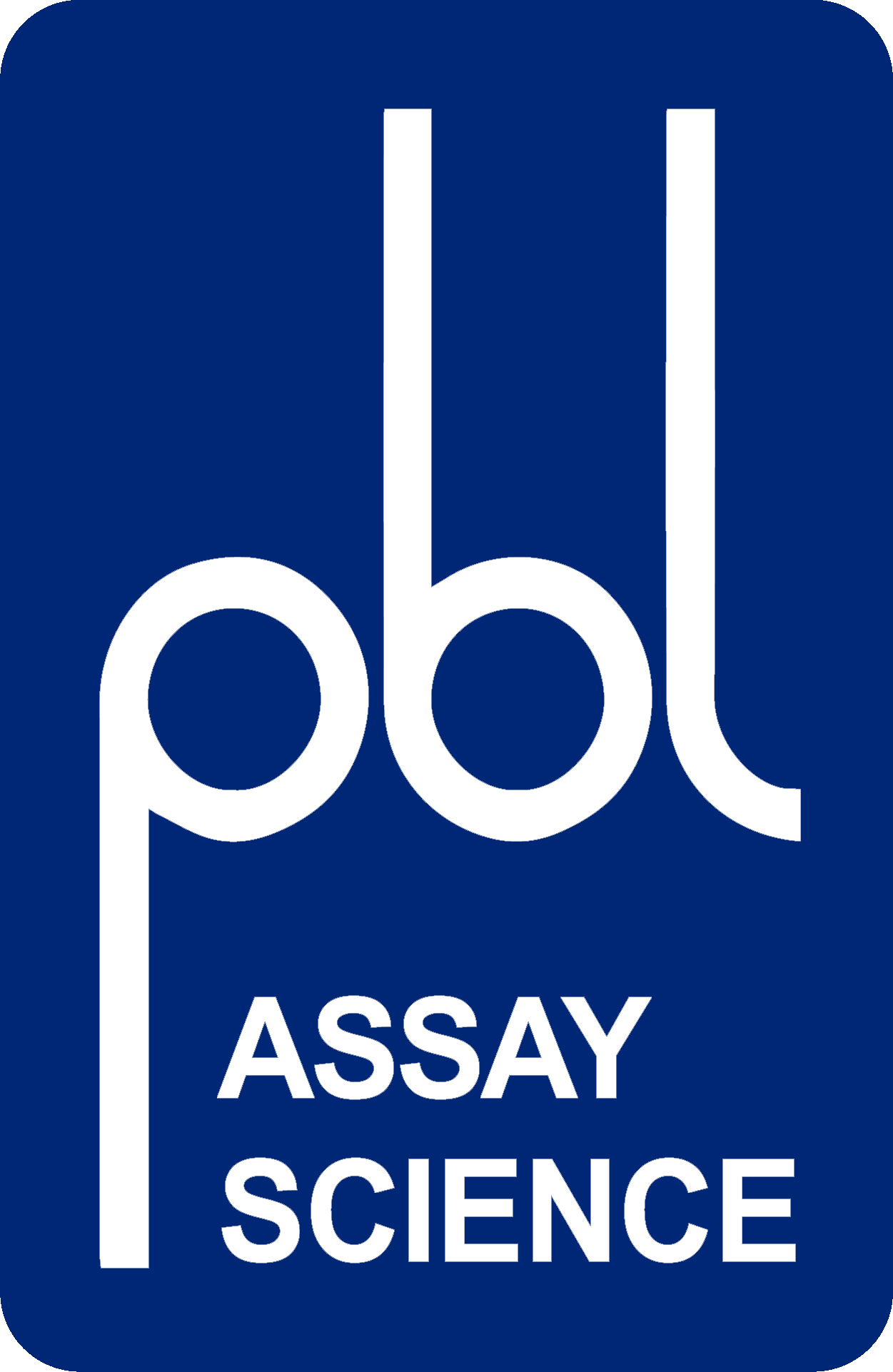Anti-Human IFN-Alpha, Rabbit Serum (PAb)
Catalog Number: 31101
Unconjugted Rabbit polyclonal antibody against Human IFN-Alpha suitable for use in neutralization, ELISA, Western Blot, immunoprecipitation and immunohistochemistry
$310.00
Product Info
Specificity Binds well to human IFN-Alpha A (2a), A/D and K (6) Tested Application Suggested Applications*
*Please note that these applications are presented for suggested use only and have not been fully evaluated by PBL
This antibody is Immunized by recombinant human IFN-Alpha 2 (alpha 2b).
Specifications
| Formulation | Supplied frozen in Phosphate buffered saline (PBS) |
|---|---|
| Antigen | Recombinant human interferon alpha 2 (alpha2b), expressed in E.coli |
| Host Species | Rabbit |
| Bioactivity | Measured by neutralization of interferon in cytopathic effect inhibition assay using A549 cells challenged with EMCV. |
| Storage | For retention of full activity store at -70oC or below and avoid repeated freeze/thaw cycles. |
| Antigen Synonyms | Interferon alpha, IFN alpha rabbit polyclonal, IFN-a, interferon alpha rabbit polyclonal, Leukocyte interferon, Leukocyte IFN, alpha interferon, interferon alfa, IFN alfa, interferon a, Type I interferon alpha, Type I IFN alpha |
Tech Info & Data
Citations
3 Citations
- Kuri, et al. (2013). Influenza A Virus-Mediated Priming Enhances Cytokine Secretion by Human Dendritic Cells Infected with Streptococcus pneumoniae. Cellular Microbiology, 16 pgs. PMID: 23421931. (link)
- Valente, Robert, et al. (2012). Toll-Like Receptor 7 Stimulates the Expression of Epstein-Barr Virus Latent Membrane Protein 1. PLOS One, 10 pgs. PMID: 22952664. (link)
- Richez, Christophe, et al. (2009). Toll-like Receptor 4 Ligands Induce IFN-α Production By Mouse Conventional Dendritic Cells and Human Monocytes After IFN-β Priming1. Journal of Immunology. PMID: 19124725. (link)
References
- Rubinstein, S., Familletti, P.C., and Pestka, S. (1981) J. Virol. 37, 755-758
- Budd et al. (1985) Canc. Chem. Pharm. 12:39
- Krug et al. Eur. J. Immunol. (2001) 31:2154
- Lande et al. J. Immunol. (2003) 170:1174
- Jego et al. Immunity (2003) 19:225
- Ku et al. J. Exp. Med. (2004) 200:917

